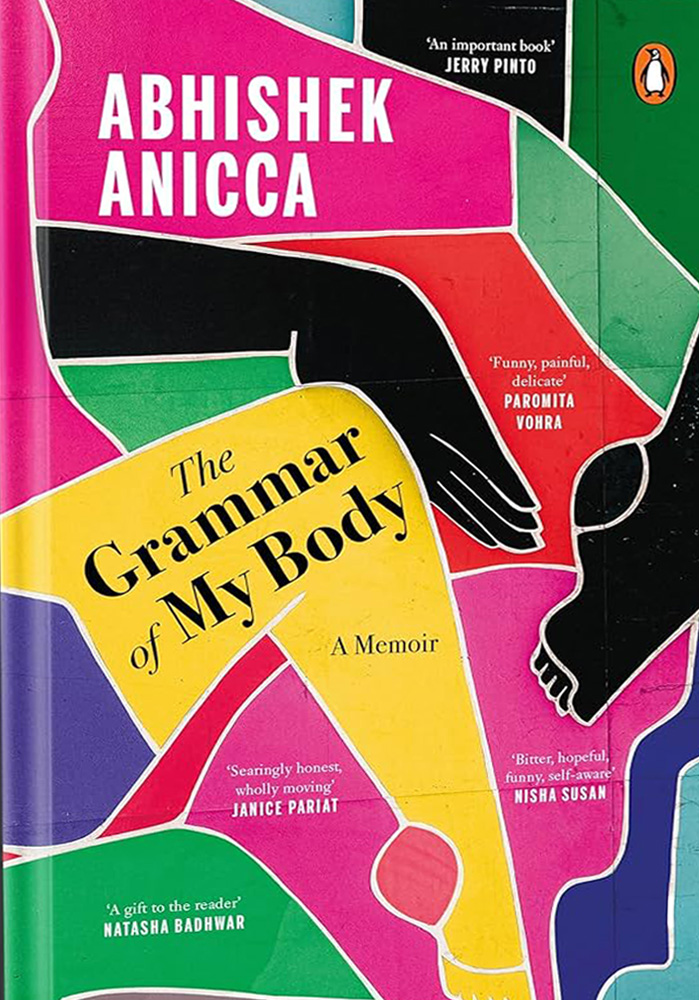The word that is often associated with stories about disability: inspiring. This is especially true of social media and online media, with posts of people with disabilities being ‘inspiring’ by doing everyday things, and articles that emphasise what they have achieved, despite their disability. But do people actually know the reality of being a person with a disability or a chronic illness, sometimes both, and their experiences and struggles?
The Grammar of My Body attempts to transcend the ‘inspirational’ narrative by telling everyday stories of living with disability and chronic illness. Through essays that focus on first-person narration and authenticity, it provides readers a glimpse into the life of a disabled and chronically ill person. While each disabled and ill body has unique embodied experiences, there are common threads that cut across disabilities, and the first-hand expression of these experiences is front and centre in The Grammar of My Body. In language that is conversational and informal, but also truthful and unflinching, Anicca’s wry and personal writing compels the reader to become at once distant from, and proximate to his experiences.
This book has raw and deeply personal essays about navigating life with disability and illness; everyday struggles of the body and mind; as well as lesser-known questions of care, help, dignity, dating, and love. Anicca addresses intersections that have largely remained unspoken in Indian society, such as masculinity and fatness and on growing up having developed a disability in smalltown India. What ties all of these essays together is neither disability nor illness, but the idea of vulnerability. The universal experience of vulnerabilities—may they be of not having control over our bodies or minds, or our everyday lives, dreams, and aspirations—is a powerful way of building a more empathetic world. Although these essays are focused on the author, the mirror often turns away, giving us a reflection of societal behaviour that underlines an individual’s experience of living with disability and illness.

